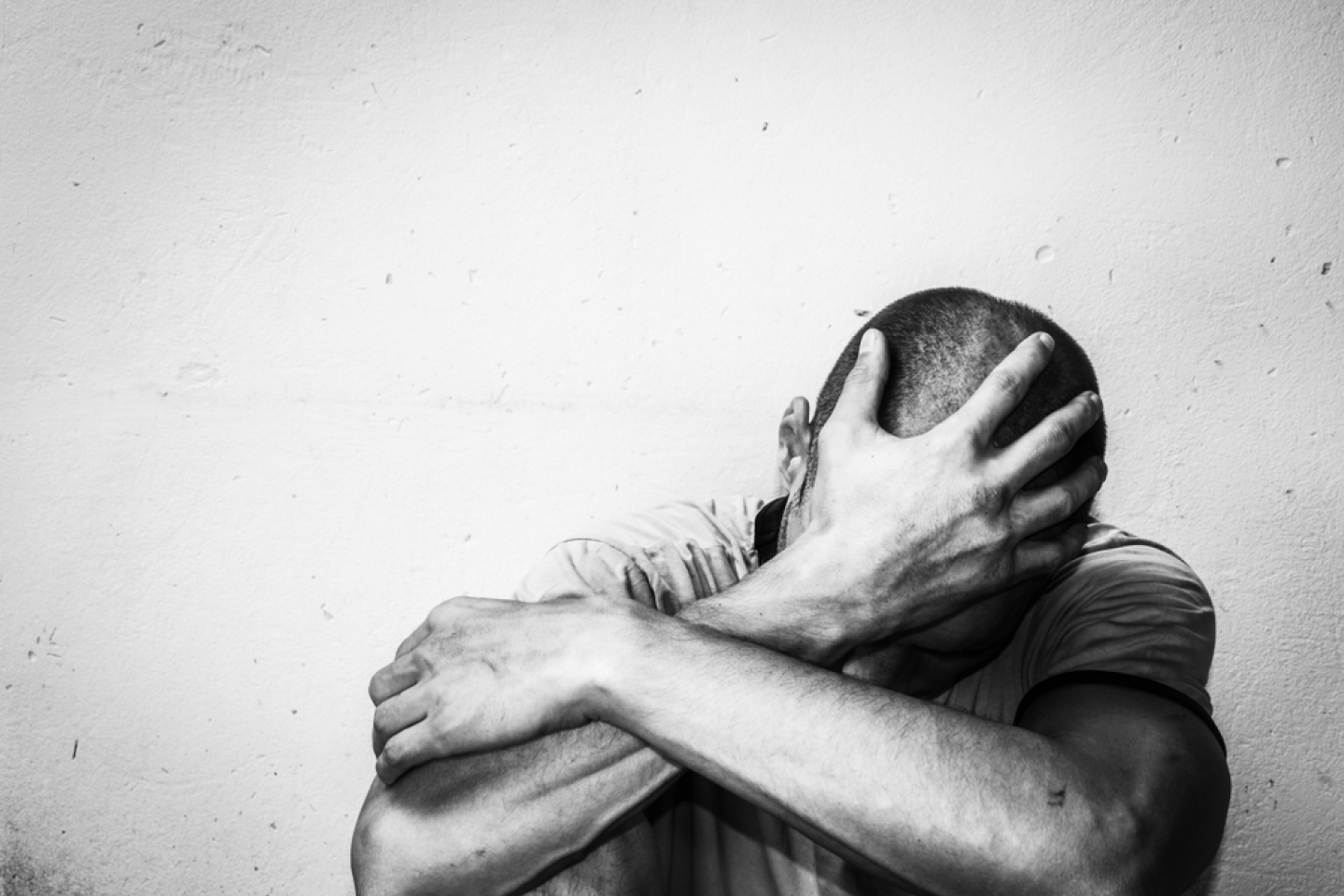
COVID-19 continues to plague individuals and communities across the country, but long COVID—also known as post-COVID—is a scourge all on its own for at least 1 out of 5 Americans who previously had the shorter, acute version of the disease, according to recent government estimates. Long COVID is a chronic post-viral syndrome that leaves patients with lingering symptoms for weeks, months or even longer.
Severe fatigue, shortness of breath, chest pain, headache and brain fog are among the most common physical symptoms of long COVID. Less recognized is the mental distress that often afflicts long COVID patients. The virus that causes COVID-19 has well-documented effects on the brain, which can potentially result in psychiatric and neurological symptoms.
According to Dr. Anna Dickerman, Chief of Consultation-Liaison Psychiatry at NewYork-Presbyterian Hospital/Weill Cornell Medicine and Associate Professor of Clinical Psychiatry at Weill Cornell Medical College, rates of anxiety, depression and post-traumatic stress disorder (PTSD) are higher among patients with long COVID than in the general population. That is consistent with the psychological symptoms seen in patients with other complex chronic diseases, she says: “We view these post-viral syndromes as a “bio-psycho-social” phenomenon, one that is rooted in all three dimensions of a patient’s life.
“There are physiological reasons why long COVID patients may experience psychiatric symptoms, she says. “Inflammation and immune activation caused by the virus can drive depression, and that includes suicidal thoughts and attempts. Psychologically and socially, long COVID takes a mental health toll when patients are unable to work, take care of their families or engage in previously meaningful activities. Pain and disability take an undeniable toll on a patient’s mental state as well.”
Additionally, many long COVID patients report problems with insomnia, including difficulty falling asleep or staying sleep, often due to severe pain. It’s well known that getting enough sleep is critical to mental health, and insomnia has been associated with suicidal thoughts and behavior, Dr. Dickerman says.
Taken together, all of the above factors—pain, inflammation, poor sleep and the bio-psycho-social combination of issues—tend to erode the mental health status of people with long COVID and other complex chronic diseases.
The diagnostic criteria for depression and anxiety are similar across diverse patient populations, Dr. Dickerman explains. What is unique with long COVID patients is the double whammy of physical symptoms combined with mental distress.
Unrelieved, the physical and cognitive symptoms that go hand in hand with long COVID may erode patients’ sense of hope, optimism and overall emotional equilibrium.
“We approach the treatment of anxiety and depression in the chronically ill with a similar armamentarium of options as we do in the general population: psychopharmacology, including antidepressants or anti-anxiety medications, and individual or group psychotherapies,” Dr. Dickerman says. “And for patients suffering from problems with focus, attention or memory issues, cognitive rehabilitation may be quite helpful.”
Cognitive rehabilitation, or remediation, teaches patients to use strategies such as using a memory notebook or daily planner to help them deal with the practical aspects of daily life. Patients can also benefit from attention and information-processing exercises, leading to improvements in both focus and memory. Click here for more information about cognitive rehab services at Weill Cornell Medicine.
For patients who prefer to manage their mental health challenges on their own, Dr. Dickerman recommends apps like Breathe2Relax, which offers effective relaxation and stress management techniques that can be used again and again. Exercise can also be helpful too, “as long as you don’t overdo it!”
As yet, there is no test capable of predicting which individuals or groups are likely to develop long COVID, and why. But, as reported on the CDC’s website, recent studies indicate that some groups of people may be at greater risk for long COVID effects—including psychiatric symptoms—than others are. High up on the list of causal factors are the systemic inequities that increase these risks among racial and ethnic minority groups as well as people with disabilities.
Still, long COVID may be difficult to recognize. Your doctor will consider a long COVID diagnosis based on your medical history and a thorough examination.
With so much suffering among long COVID patients, “we absolutely need further research to better understand clusters of symptoms, the natural course of post-COVID syndrome and targeted therapeutic options,” says Dr. Dickerman.
Long COVID and other post-viral syndromes are especially challenging to diagnose and treat because of what Dr. Dickerman calls the “mind vs. body” problem. “There is growing recognition of this in psychiatry,” she says. “The reality is that most patients with chronic and complex conditions like long COVID have a nuanced interplay going on between the physical and mental aspects of the syndrome—an interplay that is best addressed with comprehensive, holistic and interdisciplinary care.
“Dedicated interdisciplinary teams composed of different medical specialists working together is the most helpful approach for patients with combined medical and psychiatric comorbidities. The development of further resources along these lines promises to be beneficial for patients with long COVID.”
For information about psychiatric services at Weill Cornell Medicine, or to make an appointment with a psychiatrist, visit the department’s website here.